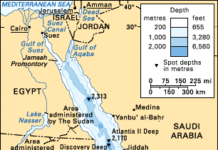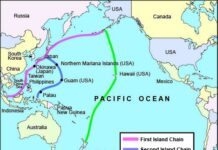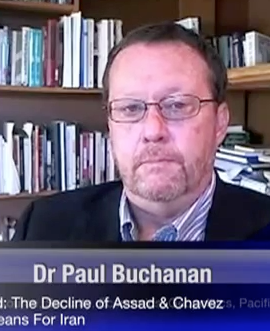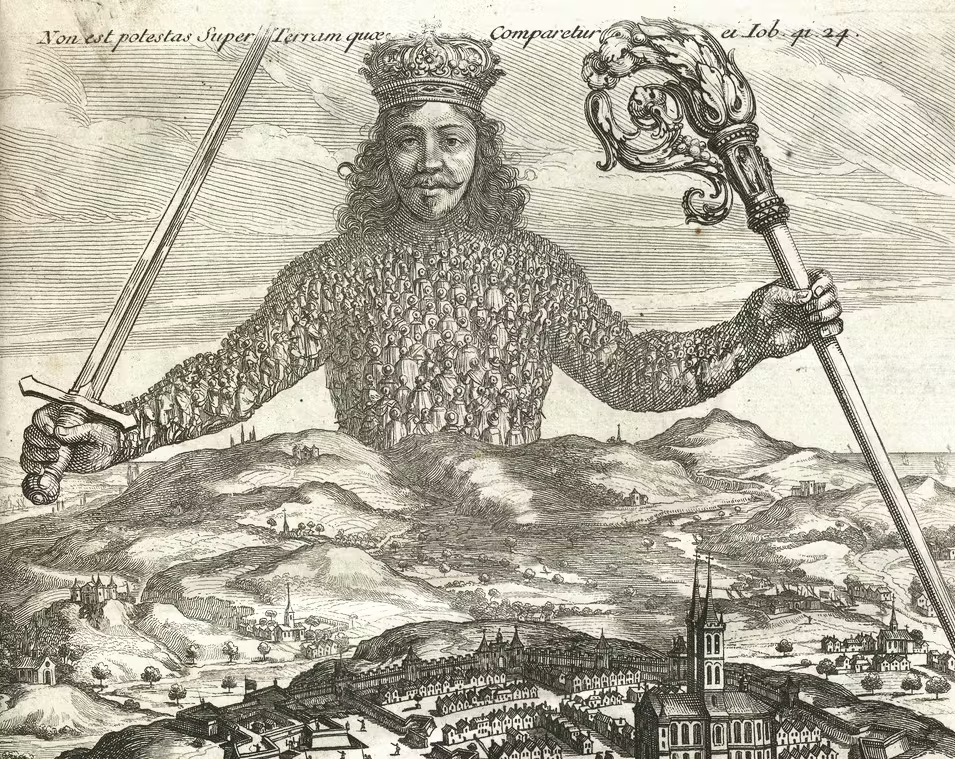Proclamation Of Tonga’s New King Tupou VI A Milestone Along Authoritarian-Democratic Transition Line
36th Parallel Analysis – By Paul G. Buchanan.
 The death of the Tongan King George Tupou V (pictured left)represents a rare moment in politics. Not only does it mark another example of dynastic succession (of the monarchical variety). It also represents another step in the gradual transition in Tonga from an absolute monarchy to a democratic regime. There is ways to go before Tonga can be considered a full democracy, but this event is a milestone in that process.The transition from authoritarian regimes to more open forms of governance comes in two forms. Bottom up transitions result from popular uprisings that force the authoritarian regime to relinquish control before it is ready to do so. Most often associated with revolts and revolutions, bottom up transitions are often marked by violence and do not always lead to democracy. Libya is a case in point.
The death of the Tongan King George Tupou V (pictured left)represents a rare moment in politics. Not only does it mark another example of dynastic succession (of the monarchical variety). It also represents another step in the gradual transition in Tonga from an absolute monarchy to a democratic regime. There is ways to go before Tonga can be considered a full democracy, but this event is a milestone in that process.The transition from authoritarian regimes to more open forms of governance comes in two forms. Bottom up transitions result from popular uprisings that force the authoritarian regime to relinquish control before it is ready to do so. Most often associated with revolts and revolutions, bottom up transitions are often marked by violence and do not always lead to democracy. Libya is a case in point.Top down transitions are situations where the authoritarian elite controls the pace of transition to more freely representative governance. Although generally slower and more incremental than bottom up transitions, the top down variant tends to be more peaceful. There are several sub-types of top down transitions, including the transition from monarchical regimes, but all share the same basic features of being first a process of liberalization and second, following liberalization, a move to genuine democratization. This is important because liberalization of the authoritarian regime is not synonymous with democratization. In fact, the former may not lead to the latter and may be a way for the authoritarian elite to maintain control of a restive population.
Under the late departed King Tonga moved from an absolute monarchy to something closer to a constitutional monarchy.
The ascension of his younger brother to the throne will be a test of royal commitment to political reform. Processes of liberalization are often “two steps forward, one step back” affairs, where the regime opens up areas of expression and representation but then reverses some aspects of the process if the pace of change appears to be moving too quickly (the tempo of change can also be of the “one step forward, two steps back” variety). Given the Crown Prince’s conservatism, it is an open question how strongly he will be committed, as ruler, to continuing the liberalization process.
It… appears that, in terms of experience, the Prince is suited for the role of King, assuming that he has learned from his ill-fated stint as Prime Minister.
See Also: 36th Parallel Analysis – by Selwyn Manning: Tonga’s Reform Timeline Ensures A Return To The Past Is Impossible.
Link:
Scoop.co.nz (Paul Buchanan on Dynastic Succession)















